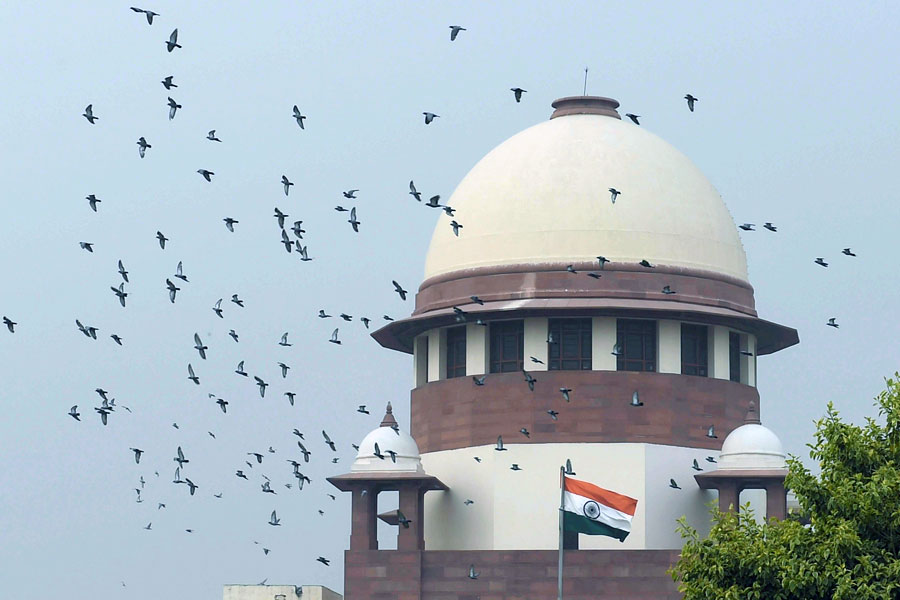The Supreme Court has ruled that trial courts have to examine the genuineness of a will if its authenticity is questioned by an aggrieved claimant, no matter if the trial gets delayed.
The top court said the application questioning the validity of the purported will must, however, have a bearing on the disputed property.
“In the larger scheme, this dispute pertains to succession. If there is a will, it has to be honoured. If one of the parties, who will be affected by the will coming into effect, challenges it on one ground or the other, the process of succession cannot go forward without determination of the dispute regarding the will,” the apex court said in a judgment.
A bench of Justice C.T. Ravi Kumar and Justice Sanjay Karol passed the verdict while dismissing an appeal filed by Dinesh Goyal challenging a Madhya Pradesh High Court judgment which had in 2019 allowed the application filed by his sibling Suman Agarwal. Agarwal had challenged the genuineness of a will sought to be enforced by Goyal.
Earlier, a trial court had dismissed Agarwal’s plea on the ground that she had filed an amended application questioning the genuineness of the will after a nearly one-and-a-half-year delay.
"In the present case.... on 14th January, 2013, the late Katoribai executed a will and thereby bequeathed the suit property purportedly to Goyal. She subsequently passed away on 5th March, 2013. Subsequently Suman Agarwal plaintiff filed a suit before the Civil Judge, Class-2, Gwalior (M.P.), claiming 1/5th share in the suit property by stating that the same belonged to their father late Shri Gyan Chand Goyal and an application questioning the claim of Goyal that the entire property was bequeathed to him alone by their mother Katoribai," the apex court said.
However, the suit filed by Suman Agarwal was dismissed on account of being filed after a one-and-a-half-year delay and on an appeal, Madhya Pradesh High Court set aside the trial court order. Aggrieved, Goyal had filed the present appeal.










